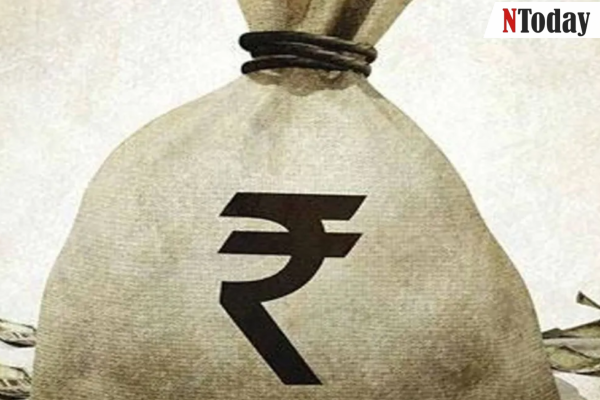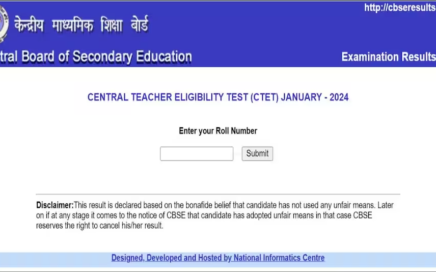In a significant move to boost infrastructure and urban development in the Nagpur Metropolitan Region, Maharashtra’s Chief Minister, Eknath Shinde, has sanctioned a substantial budget of ₹1,886.91 crore for the Nagpur Metropolitan Region Development Authority (NMRDA). At the heart of this financial plan lies the commitment to revitalize and expand the sewer networks across the region, with a special focus on incorporating 25 villages into a more modern and efficient system. Announced on February 16, 2024, this budget not only aims to enhance basic amenities but also envisions a holistic development strategy that includes temple refurbishments, health facilities, road construction, and boosting tourism.
Blueprint for Development
The earmarked budget of ₹1,886.91 crore is a testament to the government’s resolve to address the long-standing infrastructural deficits in the NMRDA area. A major chunk of this budget, approximately ₹716 crore, is dedicated to laying down new sewer lines across 25 villages. This initiative is a part of the broader Amrut phase 2 project, which will see the establishment of a sprawling 500 km sewerage network. This network is poised to significantly improve sanitation and waste management in the southern and eastern parts of the NMRDA region. Complementing this network, the budget also includes provisions for four new sewerage treatment plants and a pump house, ensuring a comprehensive approach to sewage treatment and disposal.
Enhancing Quality of Life
Beyond the sewer systems, the budget encompasses a variety of development projects aimed at enriching the lives of the residents. Noteworthy among these is the development of the Mahalakshmi Jagdamba Shrine at Koradi, a project that is expected to not only augment the spiritual landscape of the region but also attract tourists, thereby bolstering the local economy. Similarly, the redevelopment of Deekshabhoomi, a site of great historical and cultural significance, is included in the budget, underscoring the government’s commitment to preserving and celebrating the region’s heritage.
Addressing healthcare needs, the budget allocates funds for constructing a state-of-the-art cancer hospital. This facility is anticipated to be a boon for the region, offering advanced medical care and treatment options. Furthermore, the development of tourist places and the construction of robust road infrastructure are also key components of the budget, signifying a multi-pronged strategy to improve connectivity, promote tourism, and enhance the overall living standards.
Empowering Local Communities
The budgetary provisions also reflect a thoughtful approach to urban planning, with the urban development ministry slashing map sanctioning charges in the metro region. This move, particularly beneficial for beneficiaries of the Pradhan Mantri Awas Yojna, is expected to facilitate easier access to housing and stimulate local development. Additionally, the inclusion of projects like the sewerage network at Shri Kshetra Dhapewada into the budget highlights the government’s focus on extending development efforts to religious sites, thereby fostering a sense of community and belonging among the residents.
In a bold stride towards transforming the Nagpur Metropolitan Region into a model of urban efficiency and livability, the approval of ₹1,886.91 crore budget by Chief Minister Eknath Shinde marks a pivotal moment. With a comprehensive plan that addresses infrastructure, health, tourism, and heritage, the NMRDA is set on a path of significant development that promises not just improved amenities but also a richer, more vibrant community life. As these projects unfold, they are expected to write a new chapter in the region’s growth story, making it an exemplar of balanced and inclusive urban development in India.















